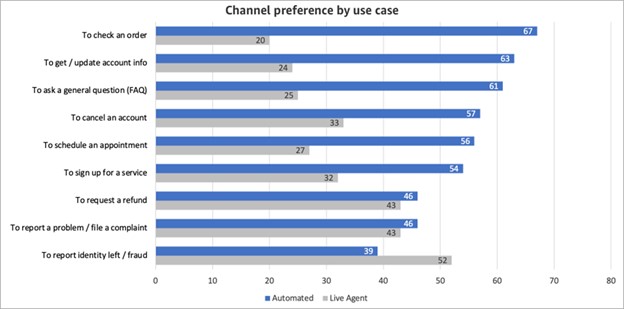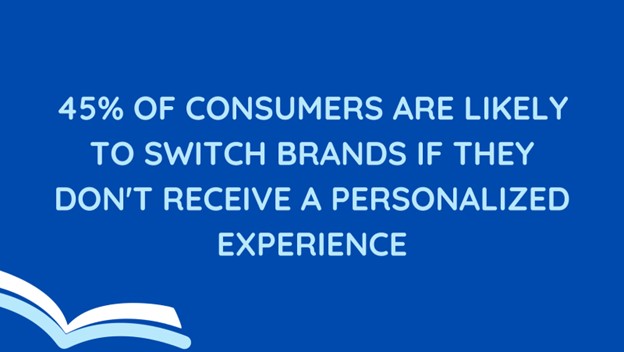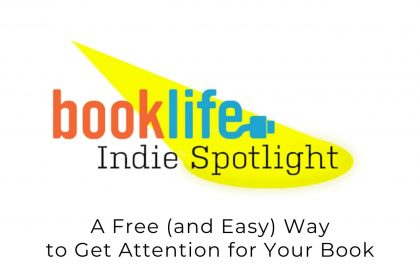
Authors and publishers are crucial in the lifecycle of a book. But as storytelling evolves, so does the need to market and promote those stories.
Artificial Intelligence (AI) can be a groundbreaking tool for book marketing and promotion. It offers a unique blend of data-driven insights and automation, creating a bridge between your work and your readers.
For authors, it means getting your masterpiece into the hands of those who would cherish it most. For publishers, it‘s streamlined operations, targeted marketing campaigns, and improved reader engagement.
Let’s learn more about how using AI can enhance customer experience in marketing.
24/7 Customer Assistance
Customers value swift and efficient responses to their queries. Recent insights into consumer preferences highlight this shift in expectations, particularly when it comes to automated solutions versus human interaction.

Source: AWS Survey
Consumers have shown a strong inclination for automated solutions for routine tasks. The preference for using an automated solution to check an order status stands out, being 3.4 times greater than opting for a live agent (67% vs. 20%).
Similarly, for frequently asked questions (FAQs) about book releases or author events, 61% preferred automated solutions, compared to 25% for live agents.
With AI-powered chatbots, there's no waiting in line, no hold music. You can get factual and accurate data. This not only provides an answer to their queries but also makes them feel valued and heard.
Hyper-Personalization
Customers today expect more than generic marketing—they seek personalized experiences. Twilio Segment emphasizes this in a recent survey where they report:

AI harnesses insights from a reader's digital behaviors and preferences. Whether they've recently reviewed a thriller or searched for historical fiction, AI crafts targeted strategies.
Voice-Based Support
Voice search and voice-based assistance are growing at an unprecedented rate. AI helps in tapping into this potential. Whether it's answering queries about your book's availability or playing snippets from book marketing videos, voice-based AI ensures a smooth and engaging experience. It's like having a personal book assistant who understands and caters to each reader's needs.
Predictive Analytics
Trends come and go. What was once a bestselling topic might no longer resonate with readers. AI-powered predictive analytics is that crystal ball solution that authors and publishers need.
It meticulously evaluates past behaviors, purchases, and engagement levels of your readers, predicting which marketing campaigns will strike a chord or which themes might be the next big hit.
It can even help in forecasting sales, ensuring stock levels are maintained adequately, thereby reducing overhead costs. Moreover, this sophisticated analysis comes with the assurance of protecting the client's data, ensuring that trust is maintained between all parties.
Customer Sentiment Study
Every review, tweet, or comment about your book carries a wealth of insight. With AI-powered sentiment analysis, you can now tap into this vast sea of feedback, understanding the heartbeat of your audience.
Are readers expressing joy or disappointment in a particular plot twist? Or are they in awe of a certain character's development?
AI can dissect this feedback, providing actionable insights.
If a particular character or plotline is generating buzz, it could be highlighted more in promotional materials or even sequels. On the flip side, if there's criticism, it offers a chance for reflection and improvement, ensuring your next work is even better.
Content Recommendation Systems
One of the powerful tools in AI's arsenal is its ability to recommend content based on user preferences. Think of it as a virtual bookstore assistant, one who knows your readers' tastes inside out.
After analyzing reading habits, search queries, and past purchases, AI can suggest other books or series from your collection that a reader might love. This not only boosts sales but also enhances the reader's journey.
Visual Recognition in Marketing
Visuals play a pivotal role in grabbing attention. Using AI, you can now assess which book covers, promotional posters, or even using book marketing videos are resonating most with your audience.
By analyzing engagement metrics and overlaying them with visual elements, AI can provide suggestions for design tweaks or even entirely new concepts. This ensures that your visual marketing assets are not just beautiful but also effective in capturing your target demographic's interest.
Final Thoughts
The age of Artificial Intelligence isn't on the horizon; it's here, reshaping how authors and publishers approach marketing. From offering predictive insights and tuning into customer sentiments to personalizing reader experiences and harnessing the power of visuals, AI is undeniably the torchbearer of modern book marketing. With its ability to analyze, predict, and personalize, AI is not just a tool but a strategic partner, ensuring that stories find their rightful readers and that authors and publishers remain at the forefront of the digital revolution.
Bash Sarmiento is a writer and an educator from Manila. He writes laconic pieces in the education, lifestyle and health realms. His academic background and extensive experience in teaching, textbook evaluation, business management and traveling are translated in his works.








